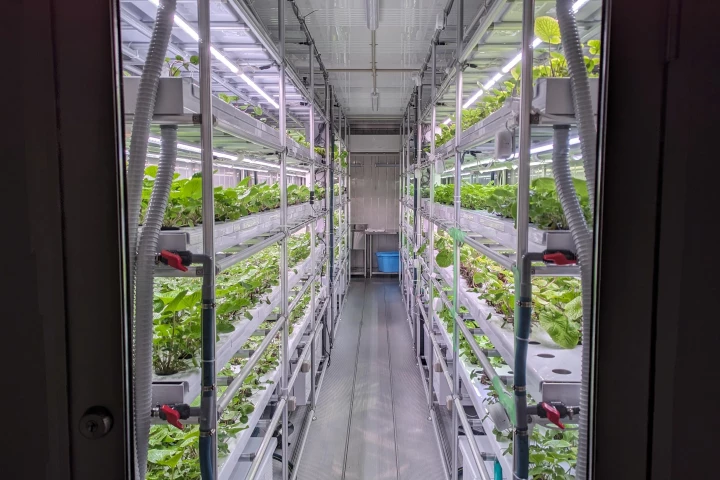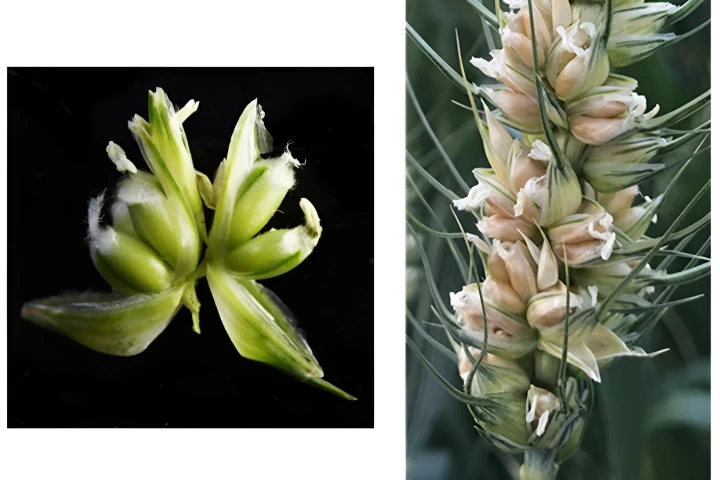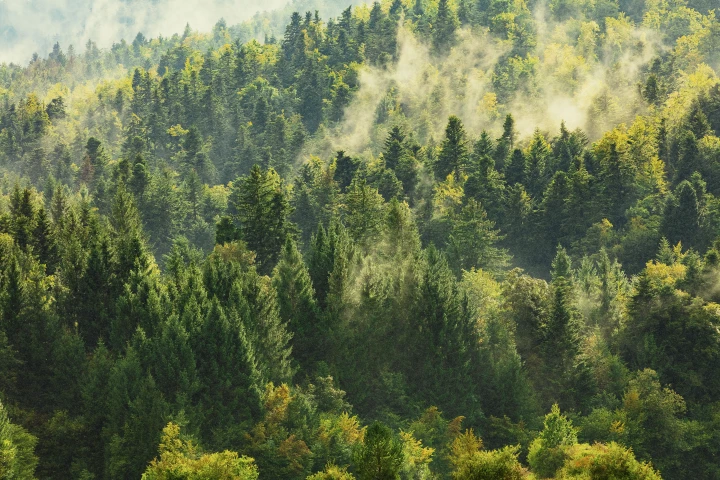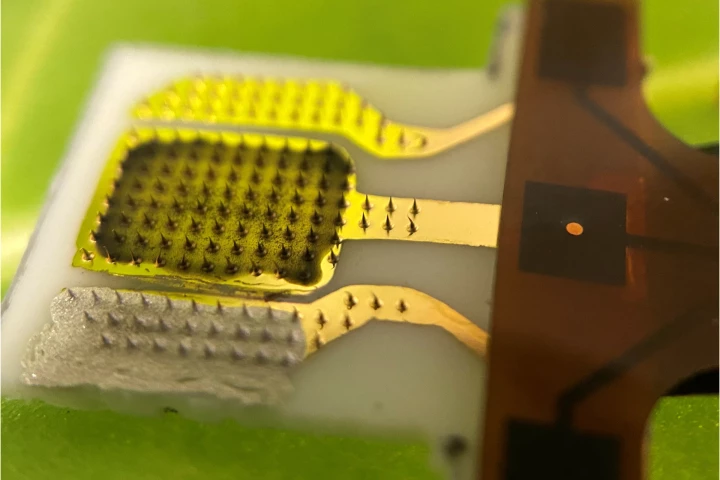Crops
-
By adjusting a typical polymer synthesis, researchers have created a spray-on polymer solution that could save billions of tons of crops. It's harmless to plants, and weakens the cell membranes of a variety of harmful bacteria.
-
A new thumb-patch of dissolvable microneedles injects biofertilizer directly into plant leaves. In lab tests, kale and choy sum grew taller and faster with bigger leaves and shoot biomass, using 15% less biofertilizer.
-
Extremophilic Tidestromia oblongifolia alters its own photosynthesis to thrive in heat that would kill most plants. By reorganizing its cells and reshaping its chloroplasts to keep producing energy, is it the future of GMO crops in climate chaos?
-
In order for farmers to know if their fruit is ripe, they have to pick and analyze pieces of that fruit, reducing their yields. Utilizing a new technique, however, they could soon leave all the fruit intact, analyzing the leaves beside it instead.
-
Japanese agri-tech company Nextage has developed a mobile wasabi growing module that automates cultivation. The device reportedly allows anyone to grow their own crops without the limitations of geography or lack of experience.
-
Harsh, eco-unfriendly synthetic herbicides are definitely one of those things that you shouldn't be using if you don't have to. Japanese researchers are thus now developing a green alternative, derived from the leaves of a humble walnut tree.
-
Imagine if three times as much grain could be obtained from the same amount of wheat plants as is currently possible, using the same amount of land, water and fertilizer. Well, that could soon be possible, thanks to a new genetic discovery.
-
For years, we’ve admired plants for their ability to cleanse the air but our green ally might be contributing to air pollution in an unexpected way. While they may be just trying to fend off pests, this mechanism is also harming the environment.
-
The sooner a farmer knows that their crops are suffering, the faster they can take action to prevent major crop failure. A new plant-leaf-poking sensor could soon help them do so, by sending an alert as soon as the plant gets stressed.
-
Scientists have identified new gene modifications that can make tomatoes and eggplants grow bigger, which could help boost yields in developing countries.
-
Crop fertilizers are a major source of pollution, as the chemicals make their way out of the soil and into the environment. Scientists are now working on a solution to that problem, by developing a fertilizer that takes the form of tiny glass beads.
-
When most people think of duckweed, they likely picture a green film growing across the surface of a stinky, stagnant slough. The protein-rich plant may soon be on your plate, however, as it's been approved for human consumption in Europe.
Load More











